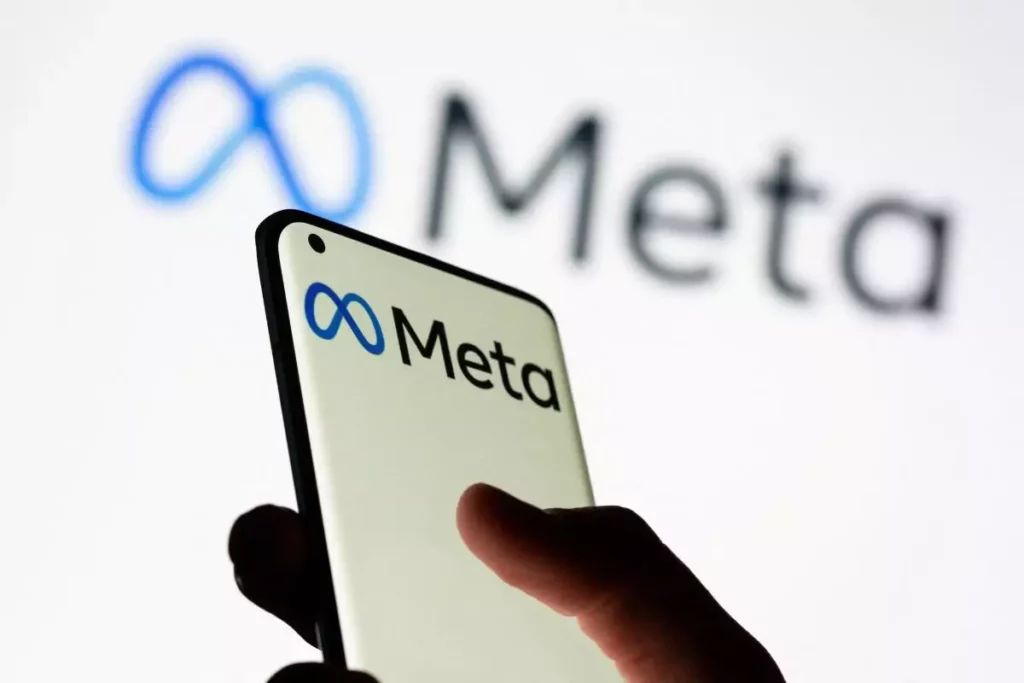In an age where technological influence pervades every aspect of our lives, the actions of colossal corporations have become a focal point for both regulatory scrutiny and public debate. The recent antitrust trial involving Meta’s CEO Mark Zuckerberg offers a stark look into the internal machinations of one of the world’s most powerful tech companies. During these proceedings, it was revealed that Zuckerberg contemplated a significant corporate strategy shift back in 2018: a potential spinoff of Instagram. This decision was driven not by a mere desire to diversify but rather as a calculated response to the elevating pressures of antitrust concerns.
Such deliberations reflect a delicate equilibrium that tech firms must maintain between ambition and caution, underscoring the precariousness of operational strategies amid growing regulatory skepticism. The mere fact that Zuckerberg felt compelled to entertain such drastic measures paints a grim picture of the conditions under which these organizations operate.
The Regulatory Headwinds of Antitrust Scrutiny
As the U.S. government intensifies efforts to regulate mega-corporations, Meta has found itself at the epicenter of a legal whirlwind. The Federal Trade Commission (FTC) has taken a firm stance, aiming to dismantle Meta’s acquisitions of both Instagram and WhatsApp. This legal action shines a bright light on the existential anxieties that high-profile tech firms face when pursuing growth. Zuckerberg’s candid acknowledgment of the possibility that the government might force Meta to divest from its crown jewels suggests a future fraught with uncertainty.
What does this mean for the tech sector as a whole? As voices calling for rigorous antitrust actions grow louder, pivotal moments like Zuckerberg’s 2018 reflection become more than just corporate strategy—they morph into a narrative of survival. The regulatory environment is evolving, and the traditional escape routes for tech giants may no longer prove viable.
The Paradox of Acquisitions: Innovation vs. Predation
Zuckerberg’s testimony also led to gripping debates about his company’s acquisition strategies, especially the notion that Meta could “buy or bury” its competition. The purchase of Instagram, despite Zuckerberg’s insistence that it was a move to enhance Meta’s service offerings via superior technology, raises troubling questions. Is the rationale he offers merely a facade for anti-competitive behavior? As the FTC paints a picture of systemic efforts to quash potential rivals, one has to wonder if the acquisition strategies are genuinely about innovation or if they are more about securing dominance over a playing field that has become increasingly perilous.
This legal drama unravels broader implications for the tech industry. The ambiguous narrative surrounding such acquisitions challenges our understanding of competition in this digital era. A provocative thought emerges: what if some companies thrived after divestiture, suggesting that sometimes separation can catalyze more innovation than integration?
The Impact on Future Strategies
The ongoing trial serves as a catalyst for reexamining the guiding principles of corporate strategy in tech. Zuckerberg’s acknowledgment that many companies flourish when they are spun off introduces an uncomfortable paradox for conglomerates like Meta. As the FTC pushes its case, the outcome could ripple through the industry, prompting a wave of similar allegations against other major players.
Should the regulators succeed, we might witness a significant transformation in the relationship between tech giants and the market itself—essentially rewriting the rules of engagement in a sector that has long prided itself on innovation and agility. The repercussions of this case go beyond Meta; they could fundamentally alter how businesses operate, innovate, or even engage with potential competitors in the digital marketplace.
Facing a New Reality
Meta’s confrontation with regulatory challenges is not merely legal; it is an existential struggle. Zuckerberg’s admissions reveal a deep introspection, resonating with entrepreneurs and executives alike. The unquestionable truth is that innovation is inherently risky, and navigating through the burgeoning landscape of public opinion while attempting to adapt to bureaucratic constraints creates a unique terrain that requires adaptability, foresight, and often, a willingness to recalibrate ambitions.
As Zuckerberg’s trial unfolds, it becomes clear that the stakes extend far beyond the reach of Meta’s dominance over social media. They challenge the very frameworks that underpin competition, innovation, and regulation in a society increasingly wary of monopolistic practices. The pressing question that arises is whether these colossal entities can pivot effectively in the face of shifting regulations without stifling their innovative spirit. The outcome of this trial may set precedents that redefine the essence of competition and corporate strategy in the ever-evolving tech landscape.









Leave a Reply